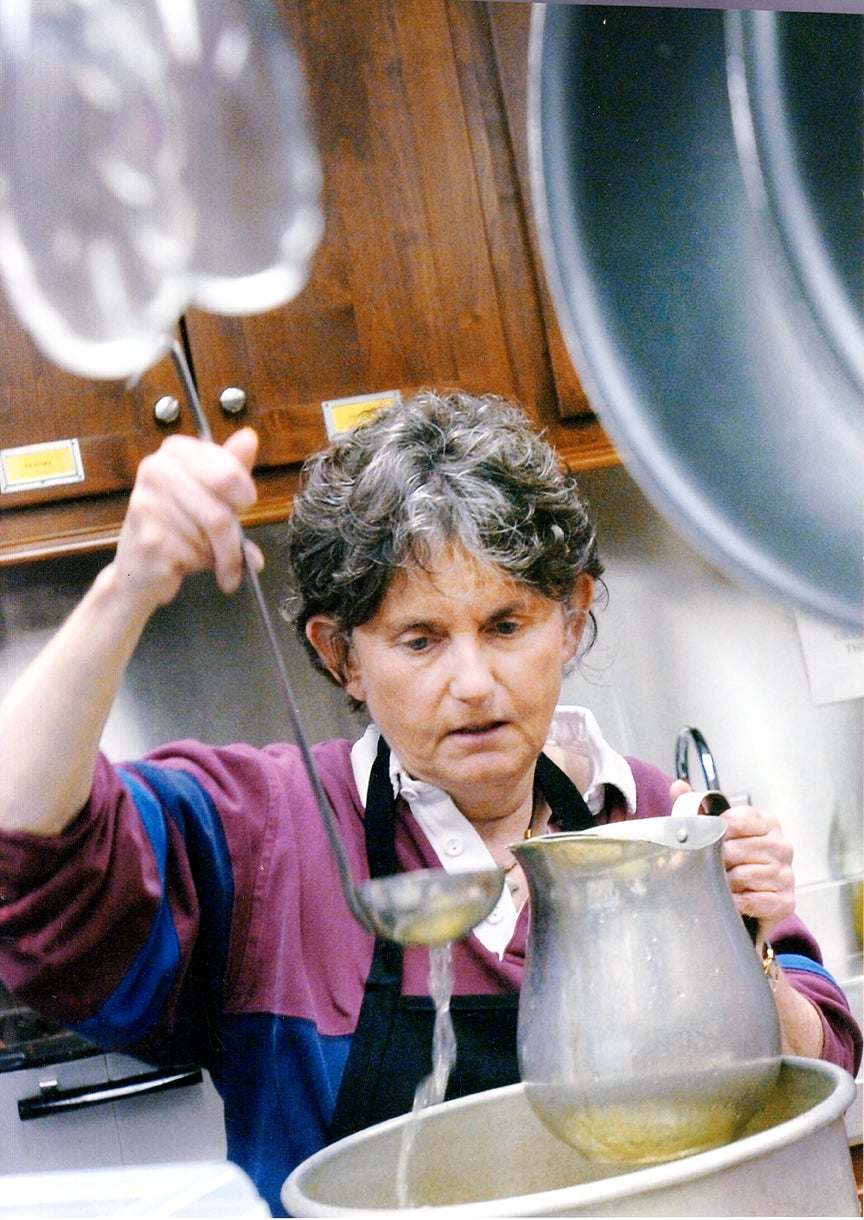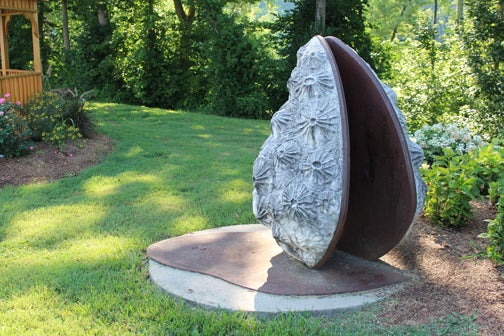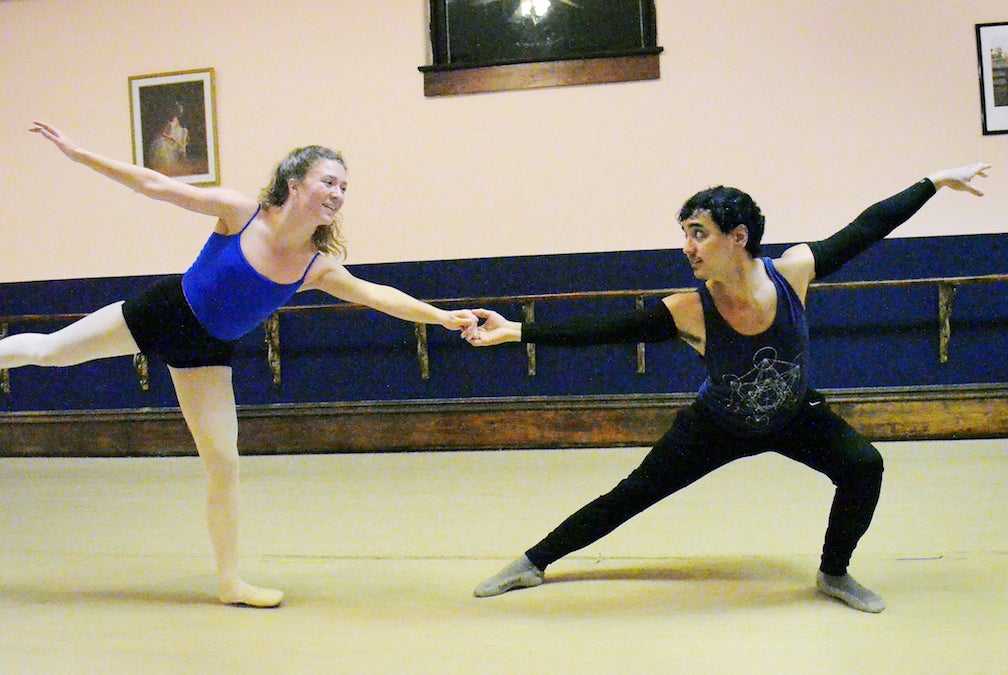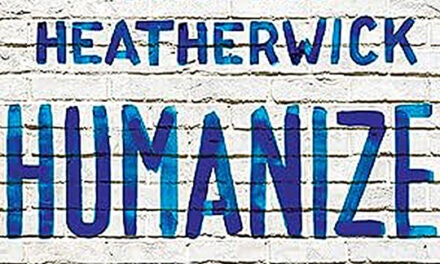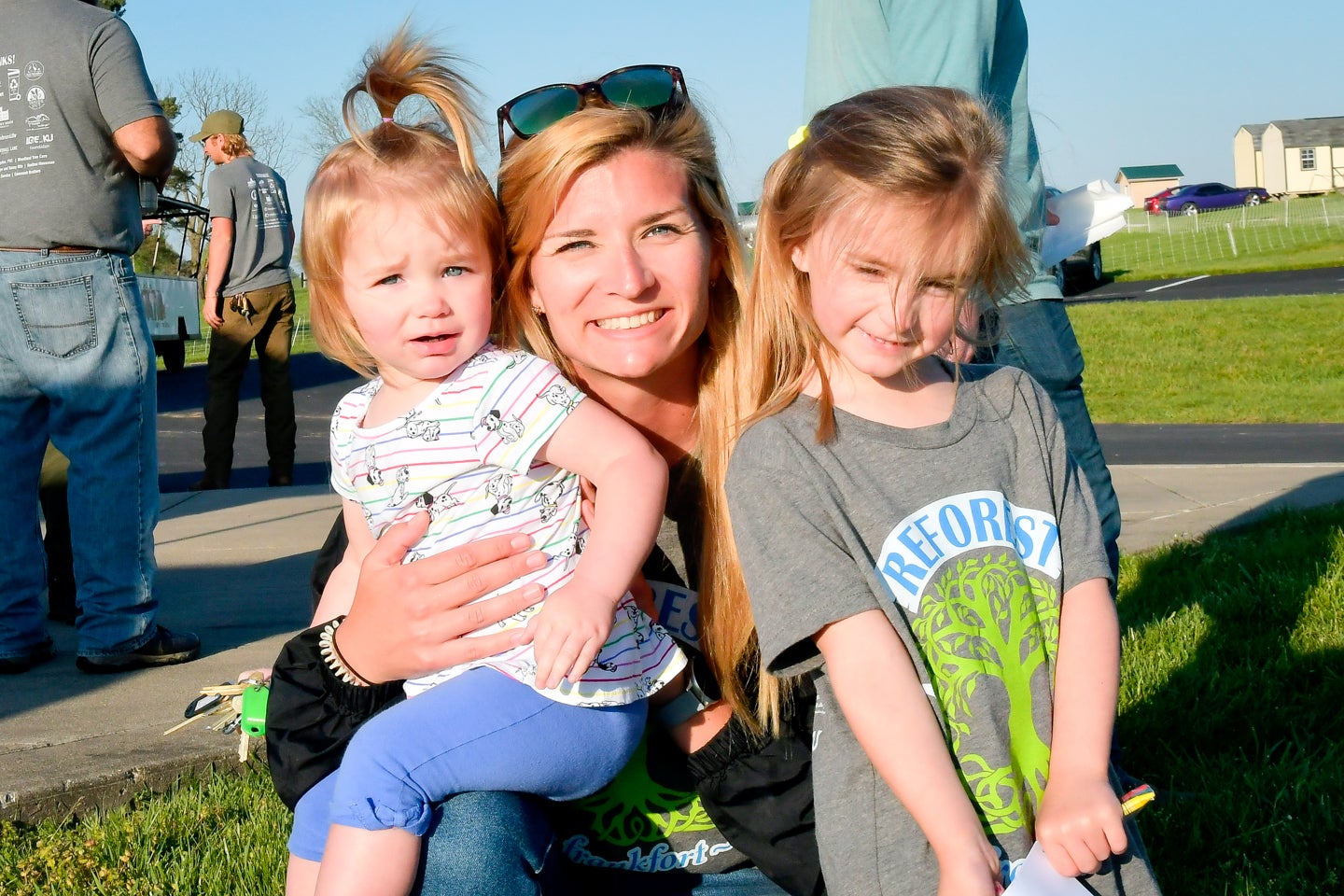Since moving to Kentucky in 1964, Jill Robinson has been making an impact both statewide and locally.
Robinson grew up in Clark, New Jersey, but moved to Kentucky to attend Transylvania University where she received a bachelor’s degree in art and a minor in history with a teaching degree. After college, she taught at a school in Northern Kentucky for five years and then started a silk screening business in Covington.
In 1977, Robinson came to Frankfort to work for the state at the Commission on Women. During her tenure for the state, Robinson worked with many programs, including employment training and placement and a surplus cheese distribution program. She also worked to helped communities in Eastern Kentucky recruit doctors, and she promoted libraries and archives.
“All of the positions were non-merit, so when the administration changed, the staff was asked to move on to something else,” she said.
She started her own desktop publishing company, and in 1993, she ran for county magistrate and won. She began serving in January 1994. She served for 20 years.
Along with serving as a magistrate, Robinson has given countless volunteer hours to local organizations. She’s been involved with the Council of Family Abuse and helped establish the domestic violence safe house. She served for years on Frankfort Independent Schools’ Family Resource Youth Service Center Advisory Board and the Kentucky Book Fair Committee. Statewide, she is a long-term member of the Prichard Committee for Academic Excellence.
She currently serves on the board for the Franklin County Women and Family Shelter and she hosts, along with her friends, Jill’s Jamboree, which is a fundraiser for the Sunshine Center.
FRANK.: How did your interest in human rights evolve?
Robinson: History, civics and current affairs were always my favorite subjects in school. So, there were many things that drew me to politics and then on to women’s rights.
I grew up in the 1960s — President Kennedy was killed my senior year in high school, Robert Kennedy and Martin Luther King Jr. were assassinated my senior year in college. Those events and the influence of my family and friends at Transylvania lead me down the path to human rights activism.
FRANK.: What did you like about working for state government?
Robinson: I loved my first and last jobs in state government. Both positions were non-merit and I felt in these jobs I could really have the freedom to do some impactful things. At the Commission on Women, we had a small but committed staff that worked on three historical pieces of legislations that changed how hospitals handled rape victims and how law enforcement and the courts handled cases of domestic violence.
We also helped to secure the funds that established the spouse abuse shelters in the state’s 15 area development districts. At my last job, I helped public libraries secure permanent funding from the state budget.
FRANK.: Why did you decided to run for county magistrate?
Robinson: I worked on many campaigns through out the years, helping both men and women get elected. After years of doing that, I concluded that was something I could do and be successful at, so when a position on the court came open, I took a shot at it.
FRANK.: What is the biggest change you saw in the county while you were magistrate?
Robinson: I think the county has become more progressive. In many ways, there are more things to do around town, more interesting places to see and interesting things to do.
FRANK.: Why do you think it is important for people to be involved in their community and to volunteer?
Robinson: Some wise soul once said, “service is the rent we pay for living.“ I truly believe that. Our governments do not have the capacity to help everyone, so it is up to the rest of us to do our part.
We have a lot of talented people in Franklin County who after years of working for the state or elsewhere, have a wealth of skills that could be put to use for lots of good causes. Another plus to volunteering is it is good for both your physical and mental health.
FRANK.: What do you personally get out of the work you do? How does it make you feel to know you’re helping change people’s lives?
Robinson: I really don’t think about it all that much. It is who I am and it is the essence of me. It gives me a reason to get out of bed every morning. I can’t imagine living my life any other way.
FRANK.: What are your hopes for the future of Frankfort?
Robinson: At the moment, I am focused on downtown Frankfort. It is the heart and soul of this community. I would hope that it would prosper and be the vibrant center that it has the potential of being.
I would hope that the people on the edge of town and out in the county would once again be drawn to downtown like they were in the past to do business, to shop, eat, to find entertainment and to maybe even live there.
I am also hopeful that Frankfort will continue on the path to being a more compassionate community.
FRANK.: What do you like about living in Frankfort?
Robinson: The small town atmosphere, the colorful characters and the closeness to state politics.
FRANK.: Do you have any hobbies? What do you like to do when you are not working or volunteering?
Robinson: My work renovating properties in South Frankfort is really a hobby of sorts. Beyond that, I love to read and I love going to Keeneland.
Recently, I have started making personalized paperweights from the marble pieces from old trophies from high school. I have trophies from basketball in high school and from dart tournaments I played when I was younger.
I’m working with New Leash on Life and am putting pictures of animals at the shelter on the marble. There’s a paperweight of Lionel — the store’s cat31. They’re trying to sell them.

